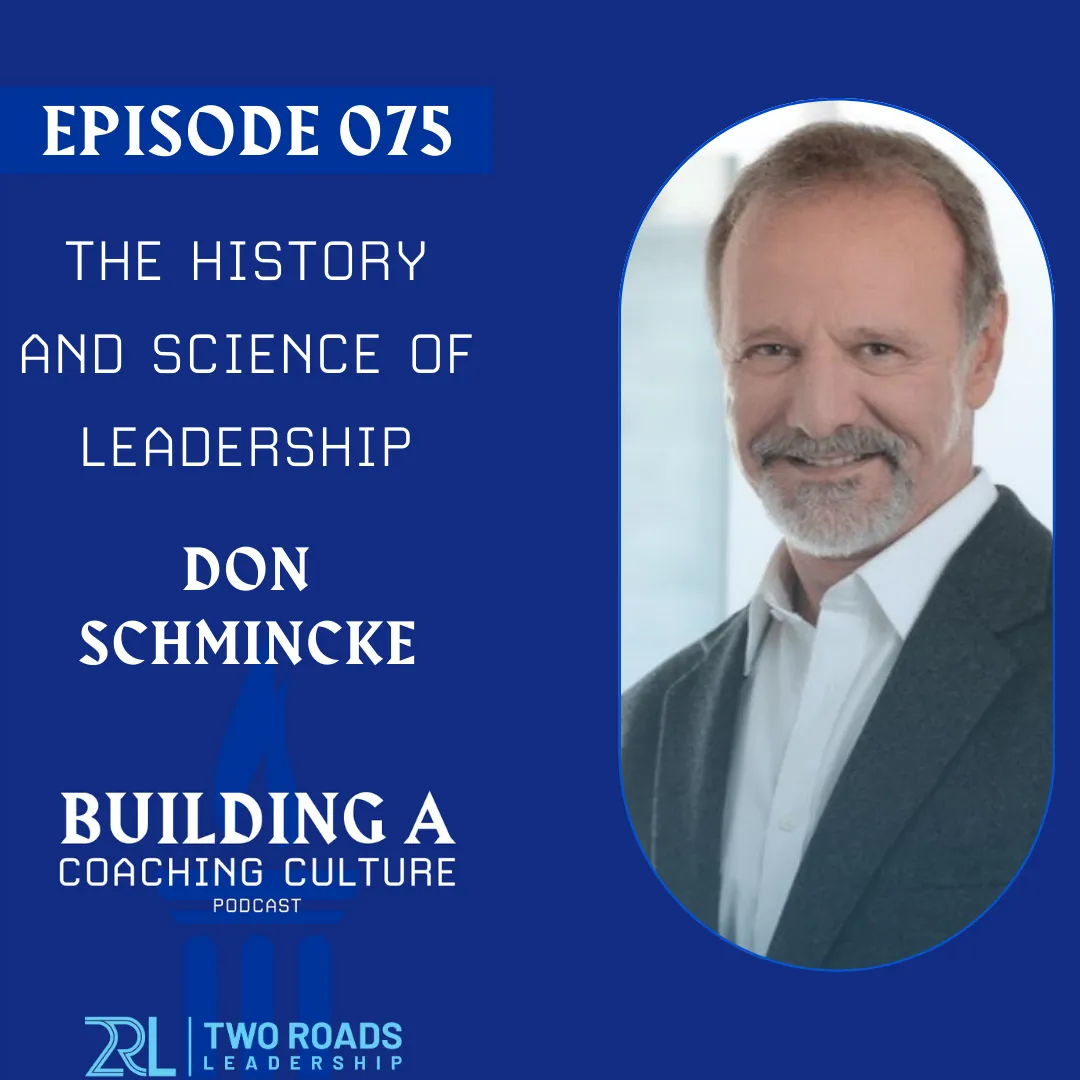Welcome back to "Building a Coaching Culture!" In today's episode, we dive into the fascinating world of leadership, adaptation, and the impact of ancient teachings on modern-day success. Our guest Don Schmincke, an expert in leadership theory. He shares his journey from studying planetary physics to exploring the principles of the samurai. Through his unique research, he has gained recognition, published groundbreaking findings, and trained thousands of CEOs. Join us as we unravel the connection between samurai philosophy, neuroscience, and effective leadership. We'll also uncover the potential of artificial intelligence, the power of symbolism, and even challenge some common historical narratives.
In this episode, you'll learn:
- What we can learn from the Samurai code about leadership
- The Importance of embracing and driving change in leadership.
- How does adaptability play a role in leadership and embracing new technologies?
- The brain patterns to understand changes in ego.
- Difference between leadership and management.
Building a Coaching Culture is presented by Two Roads Leadership
Produced, edited, and published by Make More Media
Episode Links
Don Schmincke
J.R. Flatter
Founder of Two Roads Leadership
Lucas Flatter
Resources
2RL 4 day Coach Certification Bootcamp
2RL ICF-Approved Coach Certifications and Trainings
Transcript
Automatic Transcription - please excuse any errors

